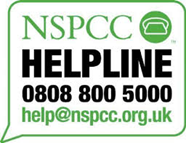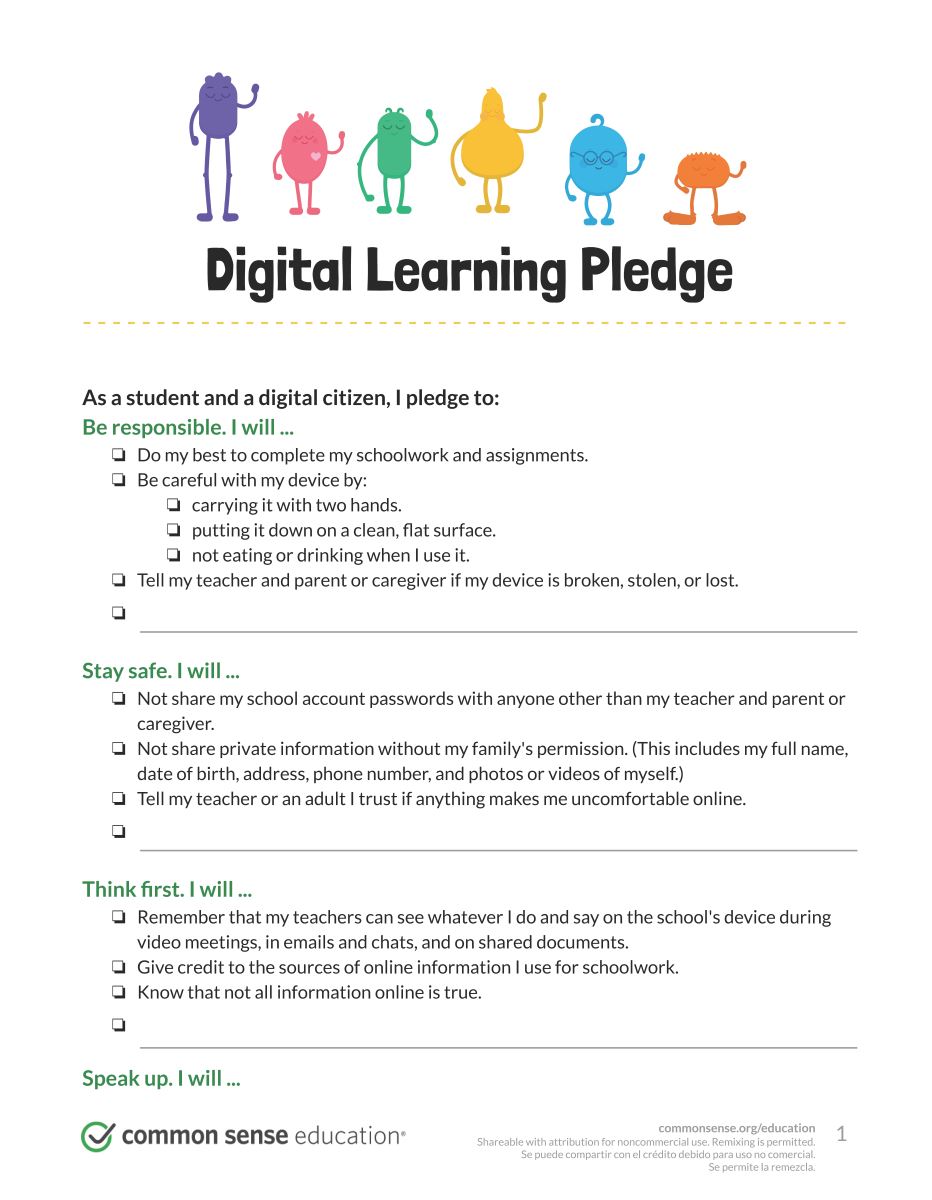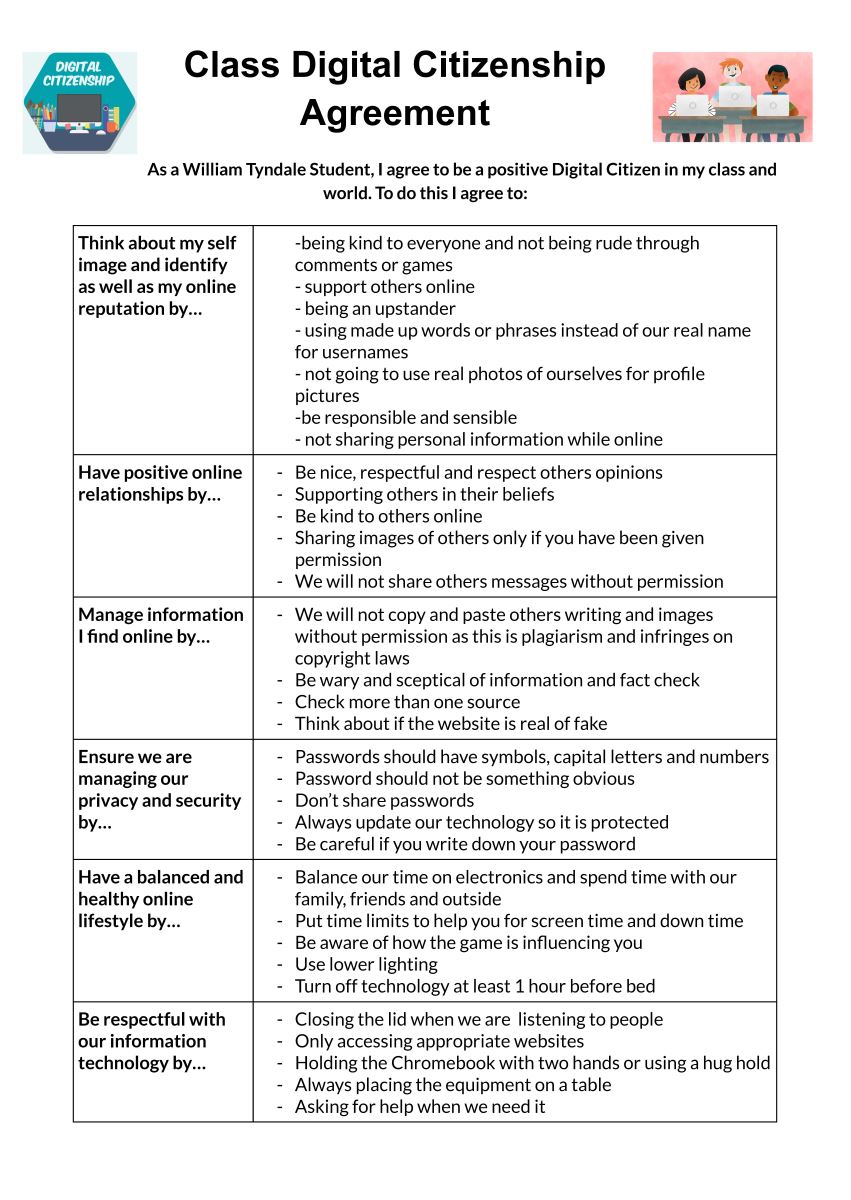The online world is changing and developing at an ever-increasing pace. Our aim is to equip children to know how to navigate and stay safe within this evolving world. To be most effective this learning needs to be supported at home in addition to school.
At Home:
As parents and carers, you will have seen that children love having opportunities to learn, play and socialise online. It can be very daunting to think how you can best prepare them and your environment to help support your child at home.
Here are some helpful tips and websites we suggest to support you and your child in being super Digital Citizens:
Below we have provided some helpful links to help you set up a safe online home environment for your family:
Internet Matters Guide Ages 0-5
Internet Matters Guide Ages 6-10
Here are some websites we suggest to give you more information and support for keeping your child safe online:

Childnet is a great website resource for parents and children on online safety. It provides information in multiple languages to support all families in keeping your children safe online.

Get Safe Online is a company we work closely with for parent and class online safety sessions.

Internet Matters has a fabulous step by step guide on setting up parental controls on a range of devices across your home, which you can access here. They also provide advice on cyberbullying, different types of social media and how to talk to your child about internet safety.

Parent Info is a great new online safety tool designed for parents. It has advice on everything from keeping children safe from online trolls to WhatsApp - a guide for parents.
Reporting issues:



If you're worried about something a child or young person may have experienced online, you can contact the NSPCC Helpline or visit their website for free support and advice. The Child Exploitation and Online Protection Command (CEOP) helps keep children safe from online grooming. CEOP is part of the police service and sits within the National Crime Agency. If your child needs more support, they can contact Childline.
At School:
Through our Computing, PSHE and everyday technology use we provide children with the opportunities to develop their critical thinking when online, therefore supporting students to use technology effectively and safely. We use the Common Sense Digital Citizenship curriculum to "engage learners to think critically, participate responsibly and take ownership of their digital lives."
From EYFS to Year 6, children are introduced to the Common Sense Digital Citizens and take part in a range of lessons which build upon each other as they progress through the school.
Meet our Digital Citizens:
At the beginning of the year, each class creates a Digital Citizenship Agreement. Within this agreement, the students and teachers come up with strategies and rules on how they can work online safely and securely throughout the year.


Within William Tyndale we use the LGFL secure WebScreen filtering system, which restricts access to inappropriate materials, to minimise the risk of children accessing undesirable material. In addition we use the Hapara filtering system to both filter and monitor the children’s online use through their Google accounts at school.